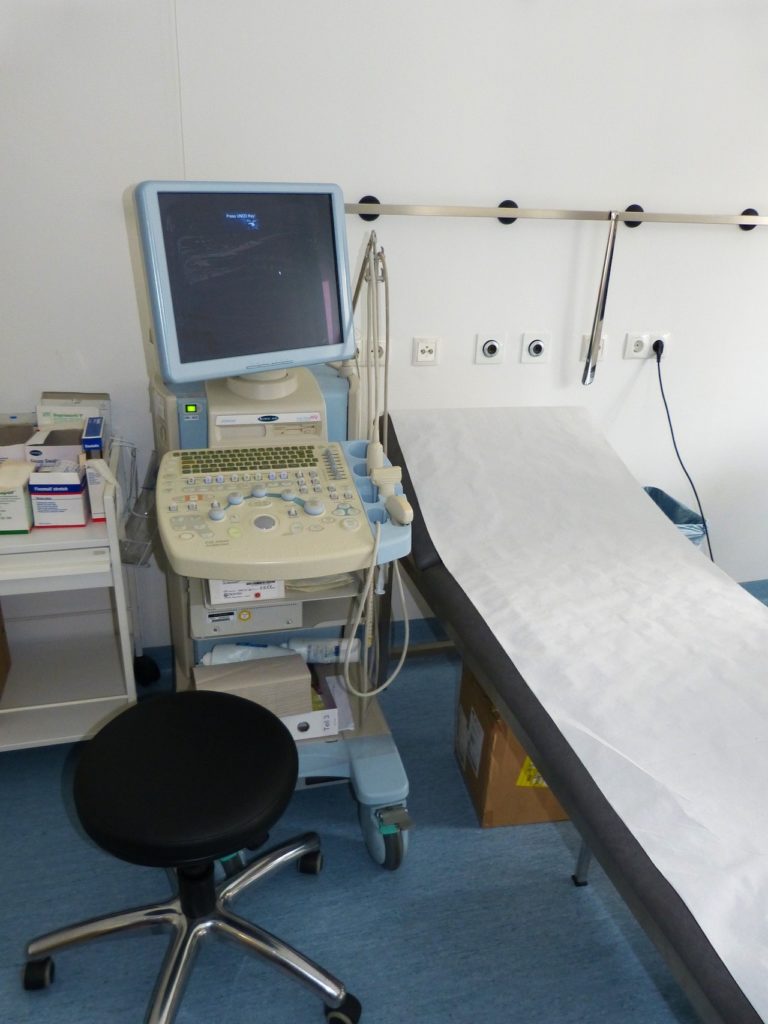As technology advances, healthcare organizations must stay ahead of the curve to ensure they are meeting the needs and expectations of their patients. Healthcare IT solutions provide several services that help healthcare organizations improve patient care and administrative operations. Here are the most important ones:
EMR (Electronic Medical Records)
EMR is used by healthcare organizations to digitally store patient records and information. With the use of EMRs, physicians can access real-time patient data from anywhere in the world. This helps save time during patient visits and allows doctors to provide better healthcare services.
Telehealth Solutions
Telemedicine is a growing trend in the healthcare industry that allows patients to receive medical care remotely via video or phone call. Telemedicine enables providers to diagnose and treat certain conditions, while also improving access to care for rural and low-income communities that often lack access to medical services.
Cloud Computing
Cloud computing is a great way for healthcare organizations to store and share patient data in a secure environment. Cloud solutions provide access-control features that help protect confidential information from unauthorized users. Plus, they require less overhead cost compared to traditional IT systems.
Billing and Revenue Cycle Management (RCM)
Billing and RCM systems help healthcare organizations manage the entire billing process, from patient intake to insurance reimbursement. These systems streamline administrative tasks and ensure accurate billing, enabling providers to increase revenue while keeping their patients’ records organized.
Analytics and Reporting
Data analytics is essential for healthcare organizations to gain insights into the efficiency of their services. Analytics and reporting tools allow providers to track patient care, identify opportunities for improvement, and measure their performance against industry standards. By leveraging data-driven insights, providers can make better decisions that improve the quality of care they provide.
Security Services
Healthcare organizations must ensure that patient data is secure from cyberattacks and breaches. Security services help protect against unauthorized access by providing a layered defense system, monitoring for suspicious activity, and keeping all systems up-to-date with the latest security patches.
As you can see, there are many healthcare IT solutions available to meet the needs of any medical practice. This makes it easier for healthcare providers to keep up with the changing technology landscape and ensure their patients receive the best care possible. With these IT services, healthcare organizations can deliver more effective, efficient, and higher-quality patient care.


